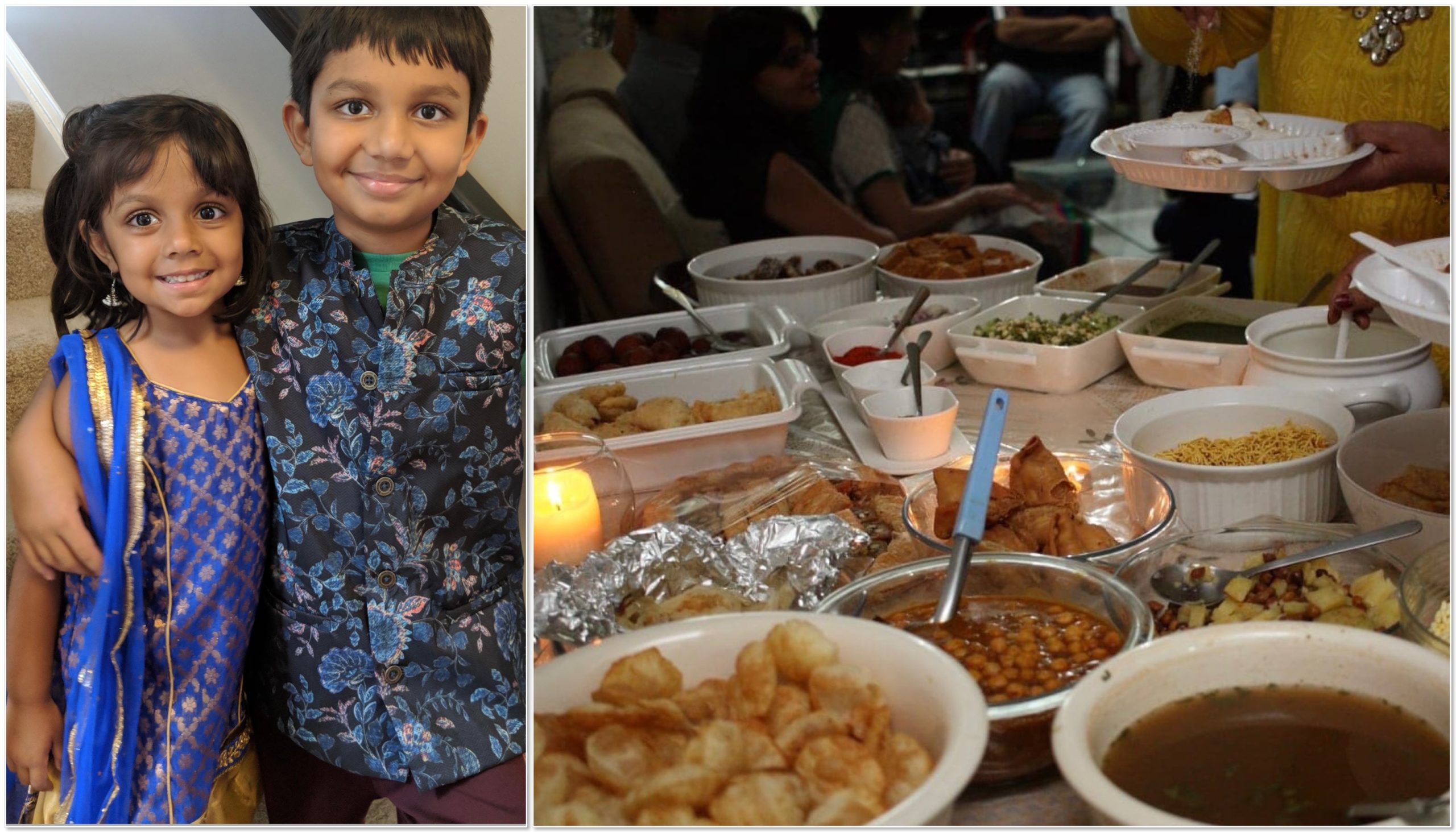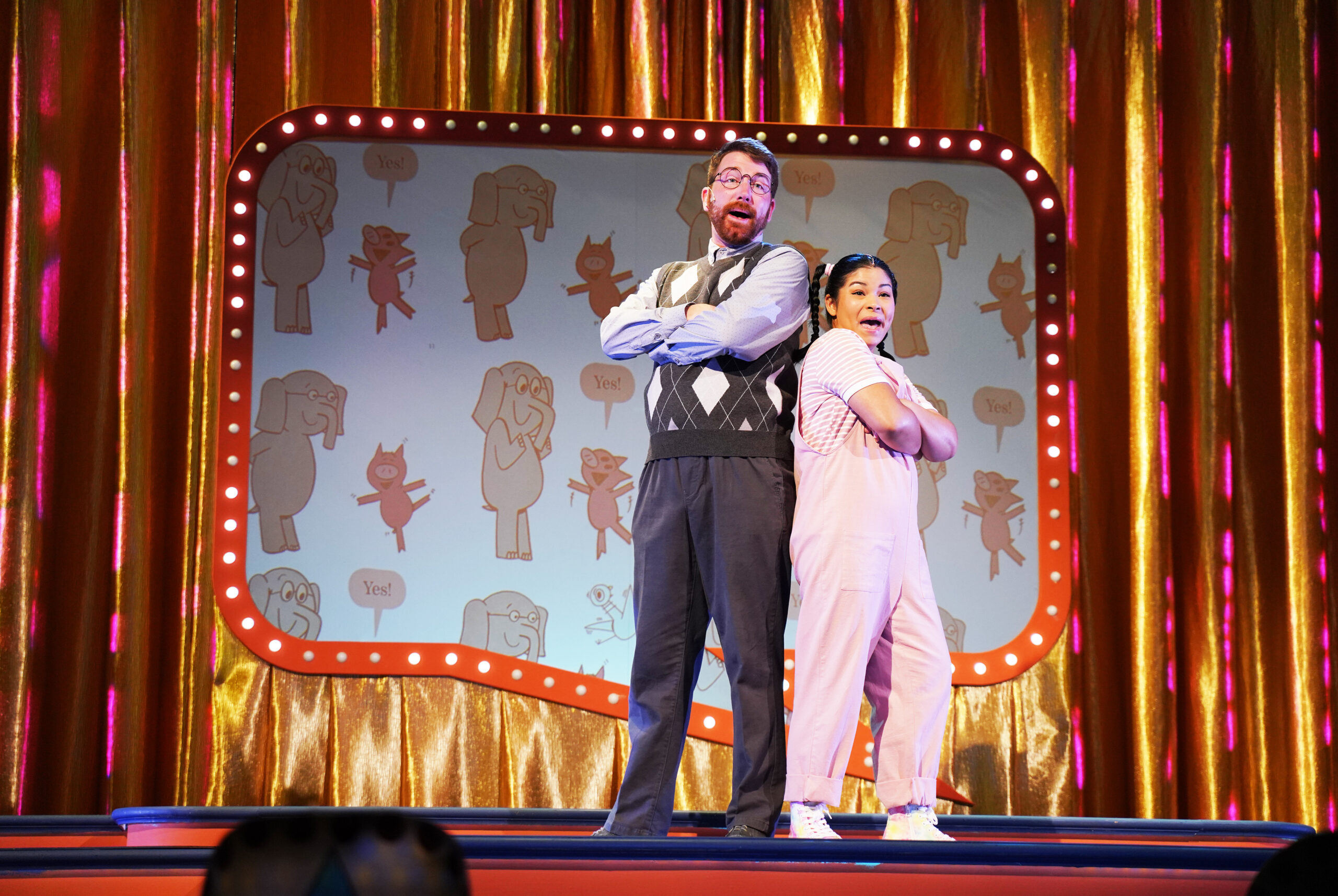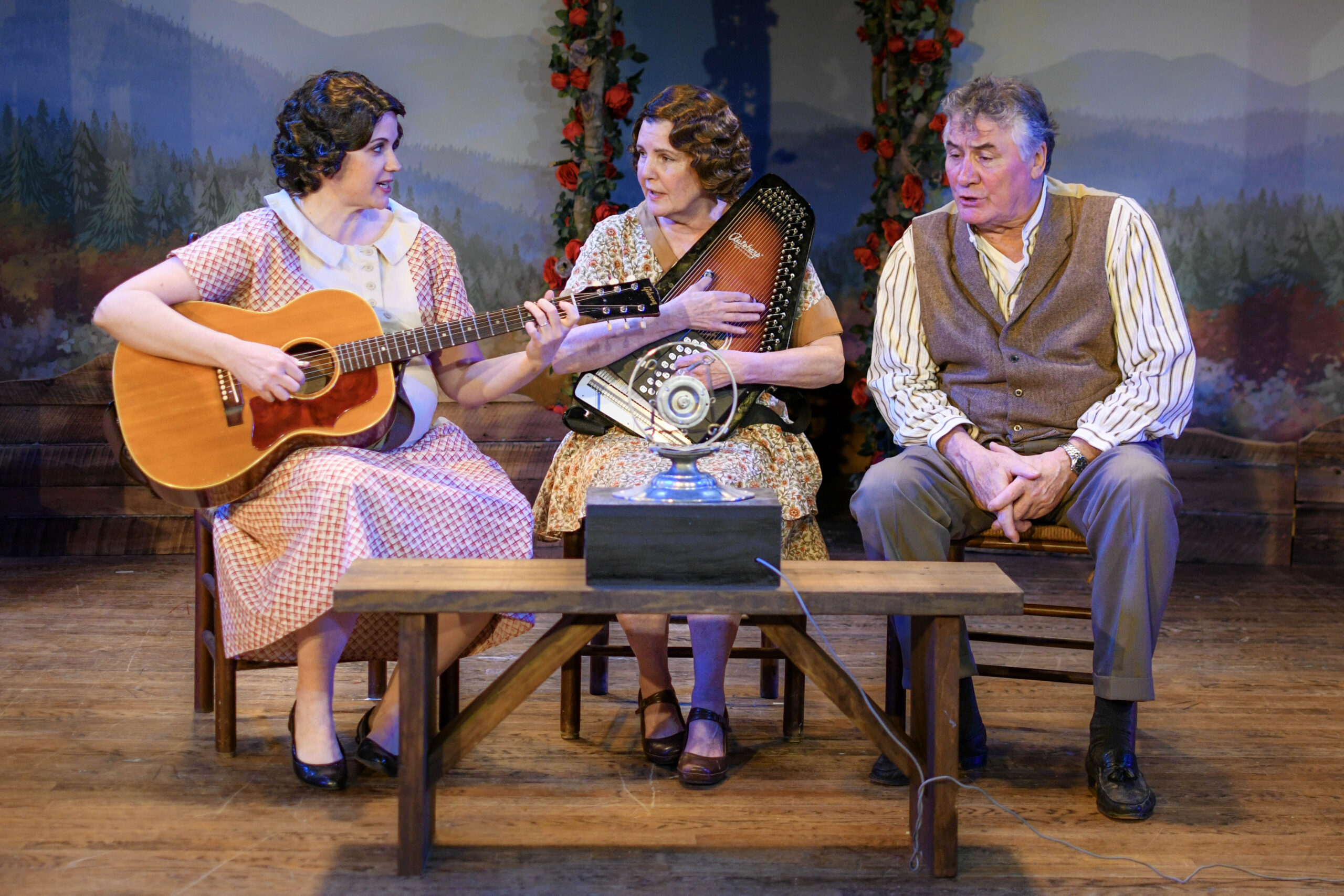by Aditi Wardhan Singh
When the leaves start changing color, cooler air settles in, and the festive season of Navratri begins, every person who celebrates Diwali starts looking forward to the Diwali celebrations. It is wonderful that in Richmond which is a true melting pot, there are thousands of who celebrate this festival. Slowly the celebration is extending to many more households as friends invite people from all cultures into their homes. For the first time, this year we will have an official school holiday on the day of the Diwali celebration. This is why it’s important to be aware of the meaning of Diwali (also known as Depavali).
One of the most popular festival of Hinduism, Diwali symbolizes the spiritual victory of light over darkness, good over evil, and knowledge over ignorance. You might enjoy partaking in the festive spirit with your children, just as many Indians around the world rejoice during Chinese New Year, Christmas, Thanksgiving, and more during the holiday season in the United States. Building an inclusive and global mindset begins with opening ourselves to building awareness of and celebrating holidays around the world.
Understanding the Day Itself
Diwali is a festival celebrated not only by Hindus, but across many cultures, like the Sikhs and Jains. Many other cultures also partake in celebrations as they have been doing since their childhood days. The bursting of sparkling and colorful crackers and special snacks cooked once a year certainly connect people across cultures with similar memories of festivities.
There are many ways and reasons Diwali is celebrated. In the North of India and many other states, it’s a 5-day celebration. In the South of India, Dewali lasts two days. In some other states and India’s neighboring countries, it’s one day marking a momentous occasion in history or mythology. To understand why it’s so different, one would need to explore the many origin stories of this festival.
The main Diwali day is common across all cultures. No matter why someone celebrates, it is considered auspicious to host a Diwali celebration at home and more than that, it’s a time for friends come together. Diwali invitations are extended all month long, before and after the said day, which is Saturday, November 14, this year. Unlike Christmas, this day follows the Hindu Lunar calendar and thus, varies every year.
Traditional Diwali Celebrations
Every year, I try to make my home smell and feel similar to how my mom’s did in all the years I was growing up. The house positively radiates joy.
The smoky warmth of diyas (oil lamps) and candles, colorful lights and decor, and actual smoke of sparklers and fire crackers are in the air. Traditional festivities include:
- Prep before the festival begins by cleaning and organizing.
- Buy a gold or silver coin and kitchen items for the home during the Diwali days.
- Illuminate the house by lighting colofulr diyas, candles, and holiday lights; outside, arrange lights by the door and around the house.
- Whip up and relish multiple sweet and savory dishes all through the festive days. Exchange them with friends and family.
- Put up door decor (toran) or rangoli to welcome good vibes.
- Wear new clothes.
- Light sparklers and fire crackers.
Celebrate with Your Family and Friends
Every person who celebrates Diwali misses family and the grandness of celebrations back in India this time of the year. This simple gesture of wishing friends and co-workers a happy Diwali on this extremely special day is heart warming. If you are not sure, just ask, “Do you celebrate Diwali today?” If affirmative, you can make someone happy with those two words. If not, you learn more about their culture because they will surely tell you why they do not celebrate. If you are wished a Happy Diwali by someone, the courtesy is to say, Happy Diwali back.
Read Diwali-Themed Books
There are many books that talk about the festival in detail in terms that children can understand. If you are older, you can read the mythological stories behind the celebration and discuss with your family the many life lessons that the stories share.
Exchange Meaningful Gifts
Diwali, just like Christmas is a time for exchanging presents, but not necessarily expensive items. Most people exchange homemade treats and small decor items. Make cards together with your family and share them with friends you know who celebrate.
Participate in Festivities
Discuss celebrations with friends. You will learn about a lot of funny things that happened back home during their childhood days. Help your friends and neighbors put up decor and make the traditional sweets and savory snacks. Ask if you can help in creating the Rangoli.
Putting up decor, making Diwali themed crafts, having the snacks, and making rangoli are things you can do yourself at your home with your kids as well.
Getting creative together in groups is a wonderful way to bond and break ice with new friends. Last year, during mystery reading sessions at my child’s elementary school, the kids loved the Diwali lanterns we made with paper. Many kept them at their desks and made extra ones to take home for their parents.
New-Age Celebrations
Below are non-traditional, but fun ways you can make the festive season meaningful for your family:
- Collect dry leaves, twigs, etc. Use these to create a small bonfire in your backyard.
- Fill up balloons with glitter or pieces of colored paper. Burst these in the evening for a vibrant celebration.
- Kids could blow up paper bags and burst them, giving you the cheerful sound of crackers.
- Make diyas out of wheat flour. This is similar to making ornaments from salt dough.
To learn more about celebrating Diwali with your family and friends, visit RaisingWorldChildren.com. From my family to yours, happy Diwali!
To read more from Aditi at RFMonlline.com, go here.







